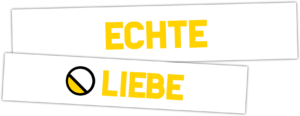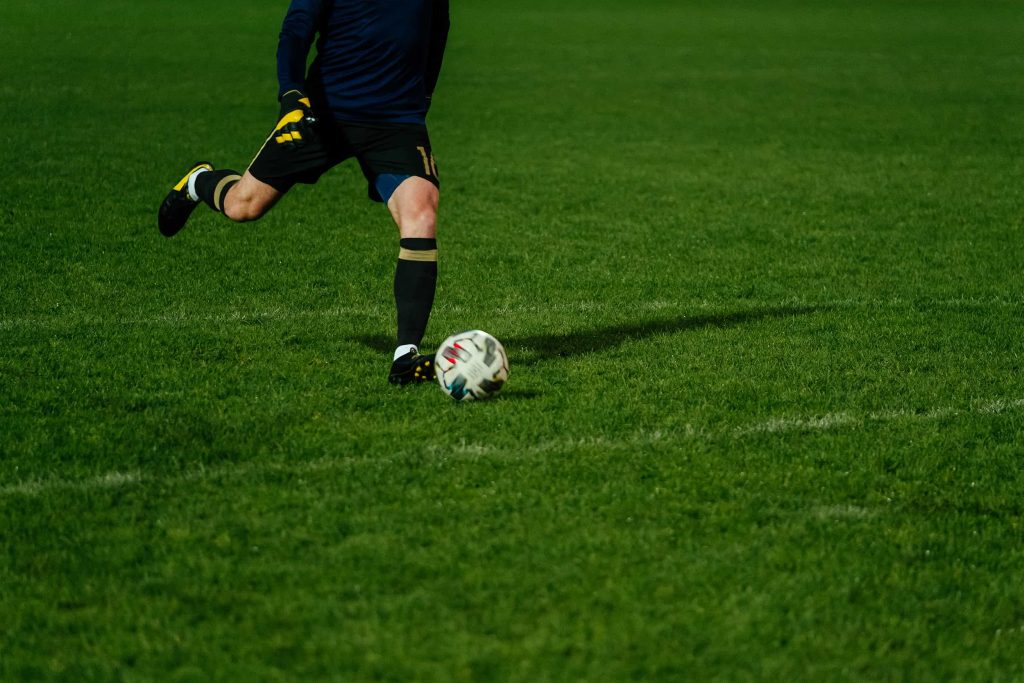Once described by German football legend Franz Beckenbauer as the “German Messi” for his speed and style of play, and by one-time German Football Association’s technical director Matthias Sammer as “one of the best talents Germany has ever had,” Mario Götze was once the toast of German and world football.
Now, he’s just an afterthought.
Despite ending last season as Borussia Dortmund’s first-choice striker ahead of the free-scoring Paco Alcacer, extending his personal record of not losing any match in which he scores to 43 matches (9 February 2019, against Hoffenheim) and scoring his 50th career Bundesliga, he has only been reduced to substitute appearances which look more like compensational appearances (also making his 200th competitive appearance for Dortmund in the process).
On 22 May 2019, Julian Brandt was signed by Borussia Dortmund on a five-year deal for a reported €25m He arrived at the same time as new teammate, Belgian Thorgan Hazard (younger brother of Real Madrid’s Eden Hazard), who moved from Borussia Mönchengladbach in a €25.5m, signing a five-year contract also.
These two signings, while strengthening for Dortmund, are threatening for Götze’s role in the squad and even worse because they both are on top of their game now.
What went wrong for the once highly-rated German?
Götze is capable of playing as either a left or right winger, attacking midfielder and also as a false 9. He possesses speed, technique, dribbling skills and playmaking capabilities. Under former Dortmund manager Jürgen Klopp, Götze often played different roles across the front four in the team’s 4–2–3–1 formation, and under Pep Guardiola at Bayern Munich, he played quite often as a false nine.

His attacking prowess and creative ability help him comfortably fit into the roles he is used in. Götze is not the biggest player but he’s as physical as they come, and can hold off two defenders, either winning a foul or wiggling his way out of the situation, a side to his play that’s been betrayed by his technical attribute rating. However, he tends to hold on to the ball longer than normal and then ends up picking out the wrong pass.
He is a good passer of the ball however, as he easily spots the runs of his teammates and can more often than not locate them with the pass. His ability off the ball is what makes it easy for him to operate in the false-nine role. When defenders have to come up against Götze, they have to be aware of any other teammate around him because of his ability to play decoy.
He is not an inverted winger however, as he sticks to the wings when playing in that role. However, his ability to play cut-backs are lethal as he is likely to beat his marker using his speed and skill, spot the run of his teammate and play it into space for said teammate.
Asides his obvious weakness of trying to do too much with the ball sometimes, he has serious fitness problems which had been taken out of context quite a lot in the past until he was diagnosed with having a myopathy – a disorder of the muscle fibres which prevent them from functioning properly – in March 2017. This particular issue makes it difficult to rely on him because he is mostly doing specific recovery work and missing out on training, or in the hospital for a surgery or the other. When he gets back to training, he takes a while to find his rhythm, which can be very tough on his team and the player.
For a team like Dortmund that wants to play top-level football, Götze is not enough, especially with his footballing weakness. In fact, the manager of the German national team, Joachim Löw, who rates the 27-year old highly said of his making it into the 2018 World Cup squad, “What I want from him is to make runs into the box from midfield. He has to have some shots on goal, get behind the defence and become more of a goal threat. He’s not doing enough of that this moment.”
Having players compete for a position is good for a player’s development, but not when they are as good Brandt and Hazard. Let’s look at how Götze compares to these two.

This is almost a no brainer. Thorgan Hazard is not only a worthy replacement for Götze, but trumps him in overall attributes. There’s an almost similar attribute trajectory if you notice, and one could say that had the German not spent so much time on the sidelines, he could have been better than the Belgian who is one year his junior.
Asides possessing a similar playing style to Götze, Hazard can track back and take part in the defence. He might not make much of an impact, but he’s no push over as he is capable of winning tackles when he goes in for them. In attack too, he is a bigger goal threat than Götze as he likes to cut in and attempt shots – he converted just under 30% of his shots last season – or totally switch the play away from him to a free teammate on the opposite wing which usually ends in him getting an assist.
There is also no visible weakness he possesses, but unlike Götze, he cannot really hold up play and has to let the ball go quickly, which is good for Dortmund’s system but bad for a player who has to take on defenders quite a lot. This makes him sometimes play the wrong pass or kill the momentum of an attack when he sees no way through by playing the ball back.

Another player with a similar attribute trajectory to Götze, who has effectively replaced him in the Germany national team setup and now, the Dortmund setup. With Brandt, Dortmund have a player who can also play in the central midfield position, like Julian Weigl or Axel Witsel, in case of emergencies.
Brandt is a winger who’s playmaking abilities are similar to that of a number 10, who can cut into the middle and play one-two passes with a teammate who is intelligent to make the run into the space he creates with his runs. These qualities made his old boss at Leverkusen move him centrally to the attacking midfield position and sometimes the centre forward position.
WHAT NEXT FOR GÖTZE?
Inter Milan were interested in signing Mario Götze from Borussia Dortmund this summer, and could return with another bid in January, according to Ruhr Nachrichten and Gazzetta dello Sport.
Götze has less than nine months remaining on his current contract with the club and while the club is keen on him extending his contract, they reportedly want to lower his wages. If both parties fail to agree to an extension by January, Götze would be a free agent in the summer.
If he stays, he will not get the minutes a player at his current level should be getting. While Dortmund fits his qualities perfectly, it’s best he considers leaving immediately. Dortmund could really use a player like him, but he won’t do himself no good staying there.
The ovation is louder now, it’s time for the one-time golden boy to bow out.



